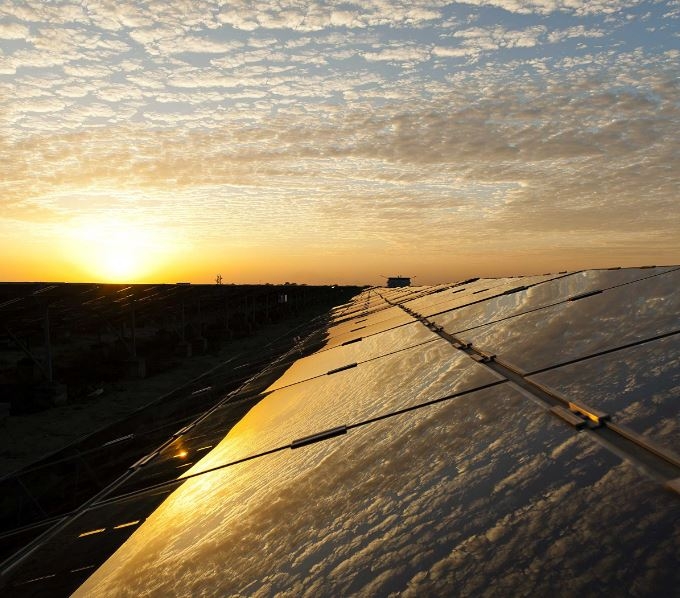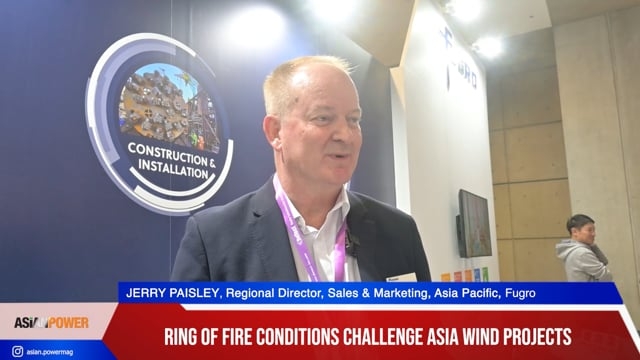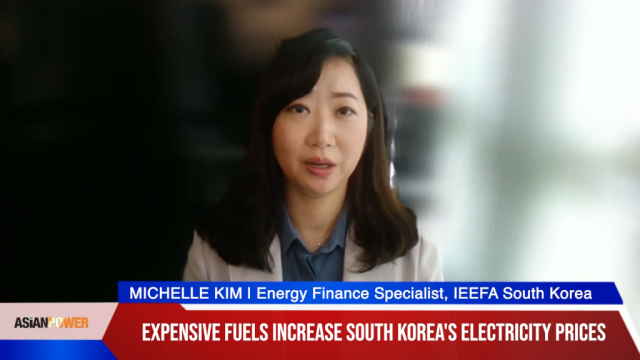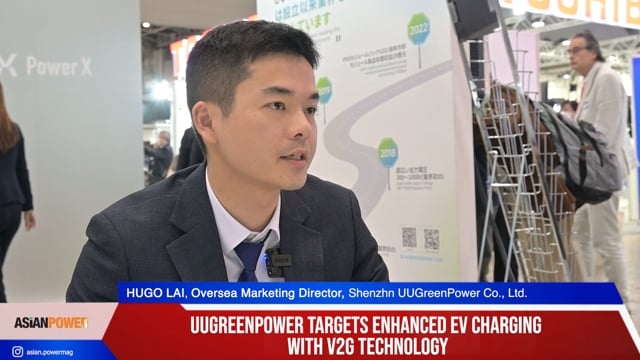
India's solar tariffs have fallen 73% since 2010
What could be behind the phenomenon?
India’s solar sector recently reached record low tariff levels in the auction conducted at the Rewa Solar Park in the state of Madhya Pradesh, according to Mercom Capital Group.
India was one of the first countries to adopt reverse auctions for solar projects since the inception of its national solar policy and the government’s goal has always been to procure solar power at the lowest price possible.
The recent record low bid of Rs.3.30 (~$0.494)/kWh (levelized over 25 years) at the Rewa Solar Park by ACME was lower by Rs.1.05 (~$0.02) and 24 percent compared to the previous low of Rs.4.35 (~$0.07) quoted in Rajasthan (by Fortum) in January 2016.
Here's more from Mercom Capital Group:
When the first 150 MW of solar was tendered under the National Solar Mission (NSM) Batch-I in 2010, the average tariff quoted was Rs.12.16 (~$0.17)/kWh. Average tariffs have fallen by about 73 percent since 2010, almost in line with Chinese spot module prices, which have fallen by approximately 80 percent since 2010.
The entire global solar market was about 17 GW in 2010; Indian solar installations at that point were only about 18 MW. When NSM was initially rolled out, neither the government agencies nor developers had much experience installing solar power projects, nor was there a supply chain in existence. With subsequent auctions, intense competition to get into a new sector resulted in aggressive bidding leading to continued drops in tariffs.
Intense competition in reverse auctions due to a limited supply of projects has pushed companies to bid lower and lower, sacrificing margins, in order to gain market share.
Highly competitive reverse auctions, falling module and component prices, the introduction of solar parks, lower borrowing costs, and the entry of large power conglomerates with strong balance sheets and access to cheaper capital have all contributed to the dramatic fall in bids.
An increase in lending by Indian Renewable Energy Development Agency (IREDA), the World Bank, the Asian Development Bank and other development banks have provided developers with cheaper loans which has enabled developers to bid at much lower prices, stated an official at Ministry of New and Renewable Energy (MNRE). In the last two years, average domestic borrowing rates have declined by approximately 14 percent for solar projects.
However, ever falling Chinese cell and module prices due to expanding global market, scale, supply and demand imbalance is the single most important reason that has enabled project developers in India to aggressively bid and build projects.
Initially, Rs.5 (~$0.08)/kWh was the benchmark that we did not want to cross while bidding, but if the government provides support in the form of a guarantee and a must-run status, then projects will be viable at close to three-rupees per unit. In the future, it can even reach the Rs.2 (~$0.03)/kWh, stated a solar project developer.























 Advertise
Advertise







